On a Monday morning in May, I conducted one of the most compelling interviews of my career with tenor saxophonist Ivo Perelman and pianist Matthew Shipp. We convened to discuss their new album Armageddon Flower, but the conversation surged with the same spontaneous energy that characterizes their music, touching on the spiritual dimensions of improvisation and the apocalyptic themes suggested by the album's title.
Afterward, I discovered that, for reasons both infuriating and mundane, the recording was lost. Completely. I was left with only an AI-generated summary of the conversation and scattered notes as evidence of an extraordinary discussion about a remarkable musical collaboration, and to serve as source material for this piece.
I had well over a week of obsessive thoughts about this. I know it’s easy to dismiss how I remember the discussion, given that it’s one that "got away," but I was there. So, rather than try to make lightning strike twice or abandon the piece, I decided to attempt a reconstruction of the conversation here, the old-fashioned journalist’s way: building something new from fragments and memory, and relying on the work of those who came before me (carefully cited, of course). I am certain this is similar to how Perelman and Shipp approach making their music.

The Ivo Perelman–Matthew Shipp partnership has lasted nearly three decades and produced forty-six albums to date. Armageddon Flower is new for them, though. Perelman joins the complete Matthew Shipp String Trio, which includes violist Mat Maneri and bassist William Parker alongside Shipp. The Brazilian-born Perelman calls it "the deepest, most cathartic" recording of his career. As someone who has released 132 albums since 1989, that's saying something.
The Matthew Shipp String Trio first appeared in the mid-1990s, redefining 'Third Stream' chamber jazz through two acclaimed albums: By the Law of Music in 1997 and Expansion, Power, Release in 2001. In press materials for the new album, Shipp describes his relationship with Parker and Maneri in almost mystical terms: "William and Mat are as close to my natural soul brothers as you can get—and by soul I don't mean Black, I mean The Soul. Ivo is another layer of that same soul."
Parker brings heavyweight credentials. The Village Voice calls him "the most consistently brilliant free jazz bassist of all time." DownBeat describes him as "one of the most adventurous and prolific bandleaders in jazz." Born in the Bronx in 1952, he spent a decade collaborating with Cecil Taylor and anchored the David S. Ware Quartet, the very same group where Shipp made his reputation.
Maneri studied the violin from the age of five, earning a scholarship to the New England Conservatory before pursuing a career in jazz. He's the son of microtonal pioneer Joe Maneri. Creative music is in his DNA.
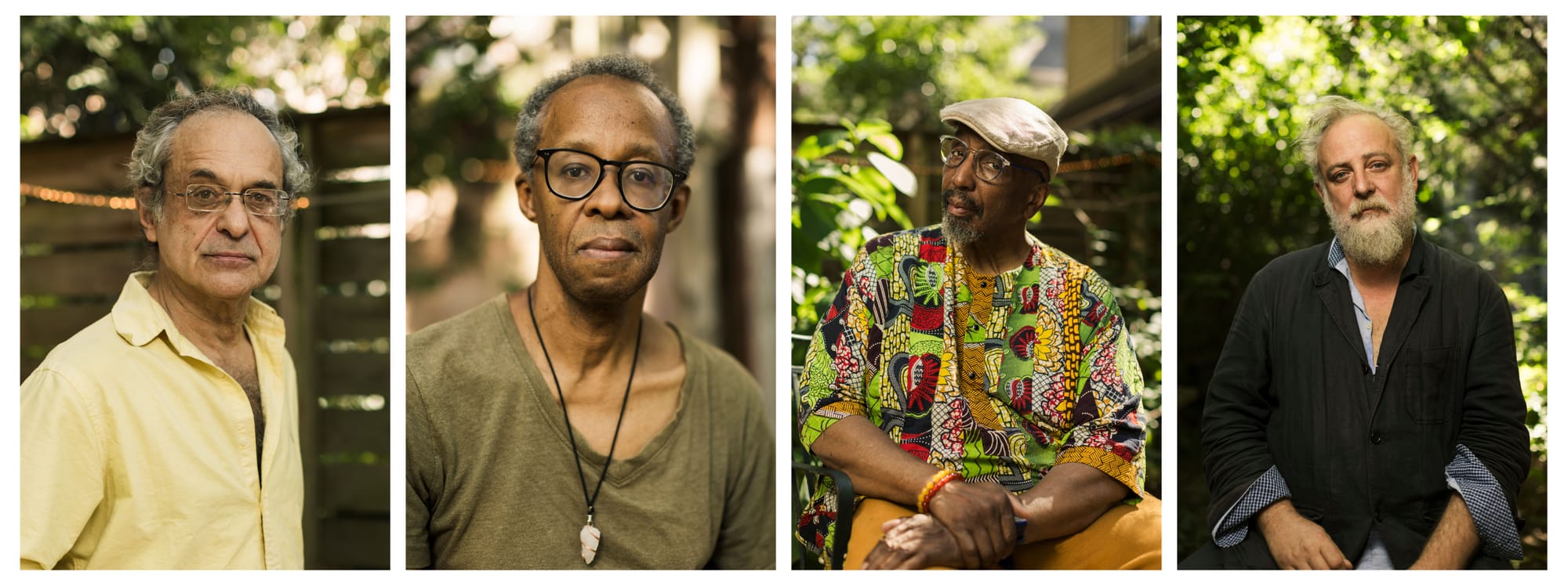
As for my interview subjects, during our conversation, Shipp praised Perelman's "dedication and focus." Perelman returned the compliment, describing Shipp's "unique approach to harmony" and his ability to "constantly surprise and inspire." This mutual respect was a recurring theme in our talk.
Armageddon Flower deliberately avoids percussion. This absence creates what Shipp calls "more control over the space and time." Without a drummer's pulse, the four musicians must create their own temporal logic. The music breathes according to an internal clock, with Shipp's piano technique stemming from an unusual conception that focuses on independent voices rather than traditional chord structures. His contrapuntal approach draws from influences ranging from Duke Ellington and Mal Waldron to Anton Webern.
The lack of drums forces everyone to become a rhythm creator. Parker's bass provides what critic S. Victor Aaron, writing in Something Else Reviews, describes as "robust pizzicato and fleeting cyclical figures [that] establish a deep foundation." Maneri's viola contributes intricate melodic lines that bind the various voices together.
During our conversation, Perelman attributed the album's cathartic quality to years of contemplation and meditation. But he stressed that the actual music-making relies entirely on spontaneity and reaction, noting that preconceived ideas can hinder the process.
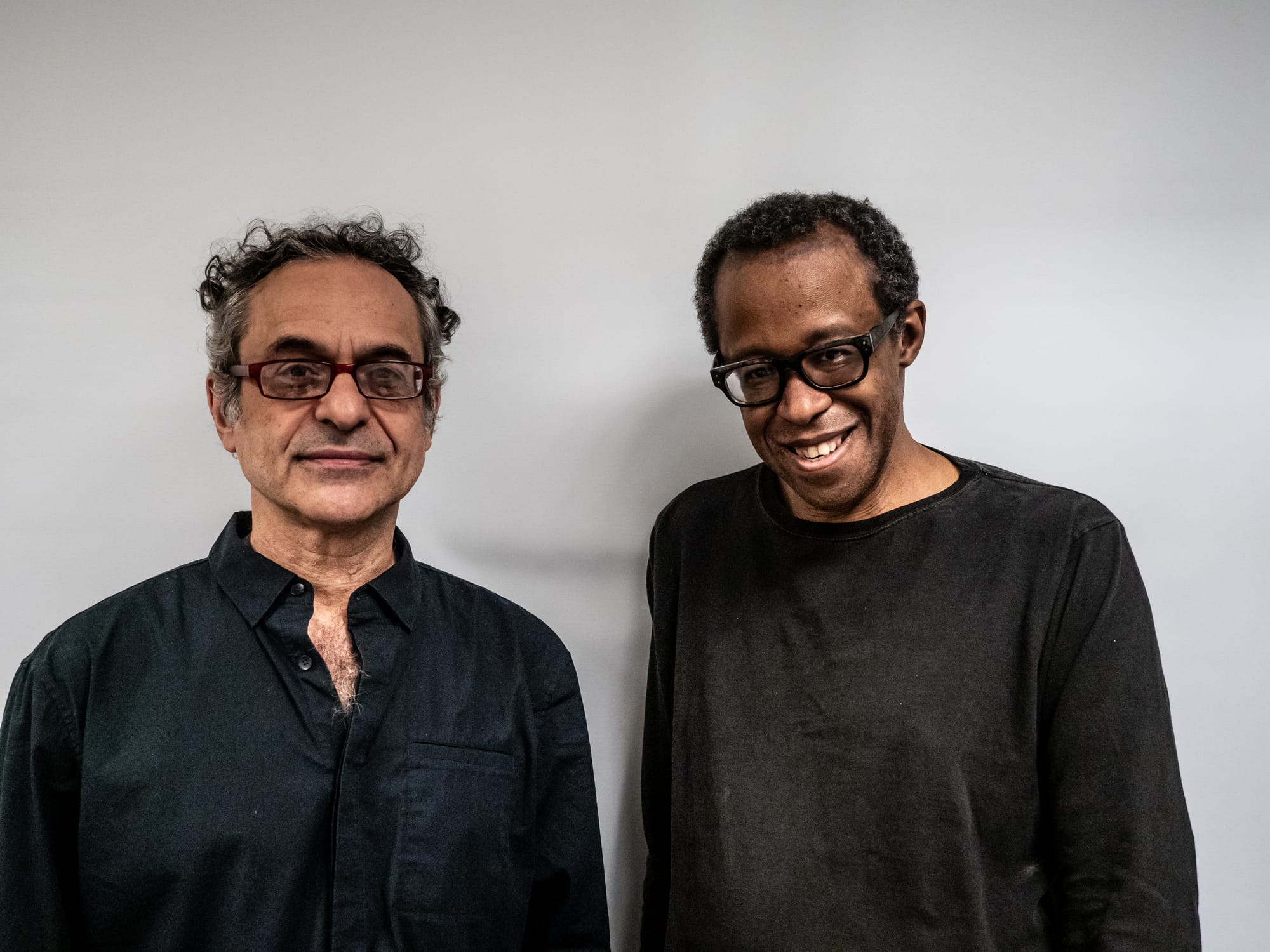
Both musicians integrate spiritual and scientific approaches. Perelman studies the Alexander Technique to enhance his musical abilities. Shipp has spoken about how analyzing the physical aspects of spiritual experiences doesn't diminish their power. They share classical music backgrounds and approach the integration of classical and jazz languages with what Shipp describes as complete openness.
Perelman chose the album title after recording the music. We discussed how the album reflects contemporary social upheaval while suggesting possibilities for renewal. The title represents themes of destruction and rebirth, as well as the idea that from apocalyptic endings can come new beginnings.
In the album's press materials, Perelman explains: "Listening to this music is akin to reading the Book of Revelation in the Bible. I called it Armageddon Flower as an attempt to instill some hope amidst the hysteria of the times and contemplating our own extinction as a human species. This music has drama but also has the light of being saved, of the savior, whoever or whatever that is."
Critic Dan McClenaghan hears this cosmic dimension, comparing the album to John Coltrane's Ascension but noting that it "sounds as if it is closer to its goal than Coltrane was in 1966." He describes the music as "a cosmic quest" where "the quartet is on a mission... Uncovering the meaning of life?"
I'm writing about musical communication using the digital debris of technological failure. Armageddon Flower documents four master musicians in a moment of what Perelman calls "infinite variables and deep spiritual connection." Like all improvised music, this album and this essay are attempts to capture something unrepeatable —a specific configuration of people, place, and time that generates something entirely new. My lost interview represents a similar moment of spontaneous creation, emerging from the same principles of spontaneous response and deep listening.
Armageddon Flower offers no easy comfort, as both musicians made clear to me. It models a different way of being together, one of deep listening, spontaneous response, and trust in the creative process. The flower from the apocalypse isn't a return to innocence but something entirely new, shaped by destruction but not defined by it.
The music barely seems possible in its level of instrumental mastery and emotional reality. Liner note writer Clifford Allen observes: "These four musicians have spent decades together in various capacities, so their language is, on one level, honed. What's surprising is that entirely new pathways are exploding into view, twenty-eight years and forty-six albums after Perelman and Shipp first began working together."
Allen calls this "music of necessity, of striving, and of possibility—a sound painting that evolves in real time," capturing "the same impulse" that drove ancient humans to paint animals on cave walls: "to capture what is fleeting, to express what is felt and to connect through something beyond words."
My lost recording became an accidental metaphor for the musicians' themes: meaningful things disappearing without warning, leaving traces and memories. But we build something new from what remains, honoring what was while staying open to what might appear.
Check out more like this:
 The TonearmLawrence Peryer
The TonearmLawrence Peryer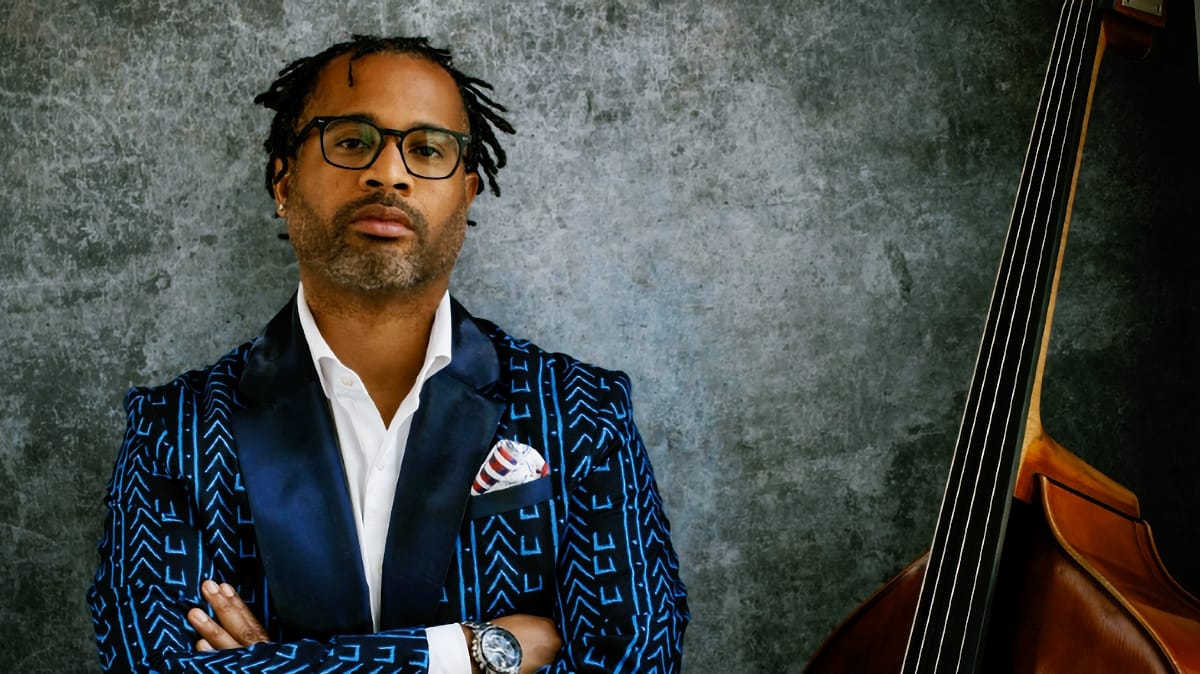
 The TonearmLawrence Peryer
The TonearmLawrence Peryer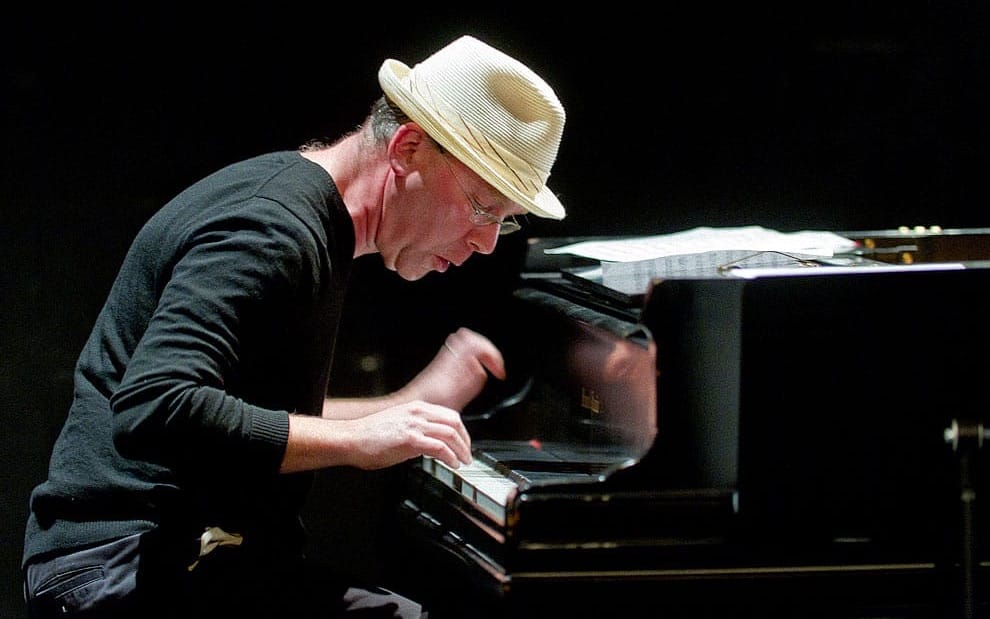


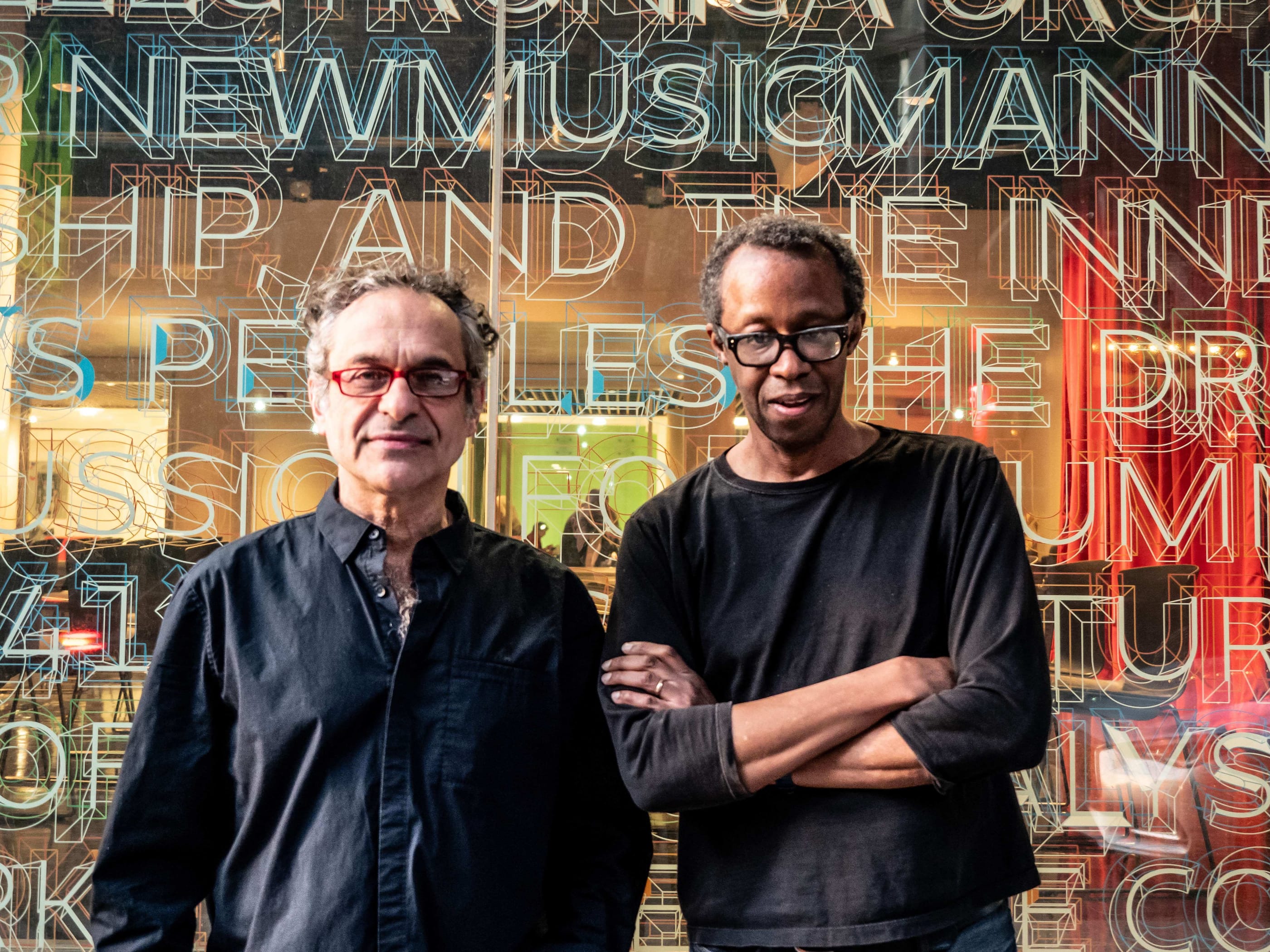


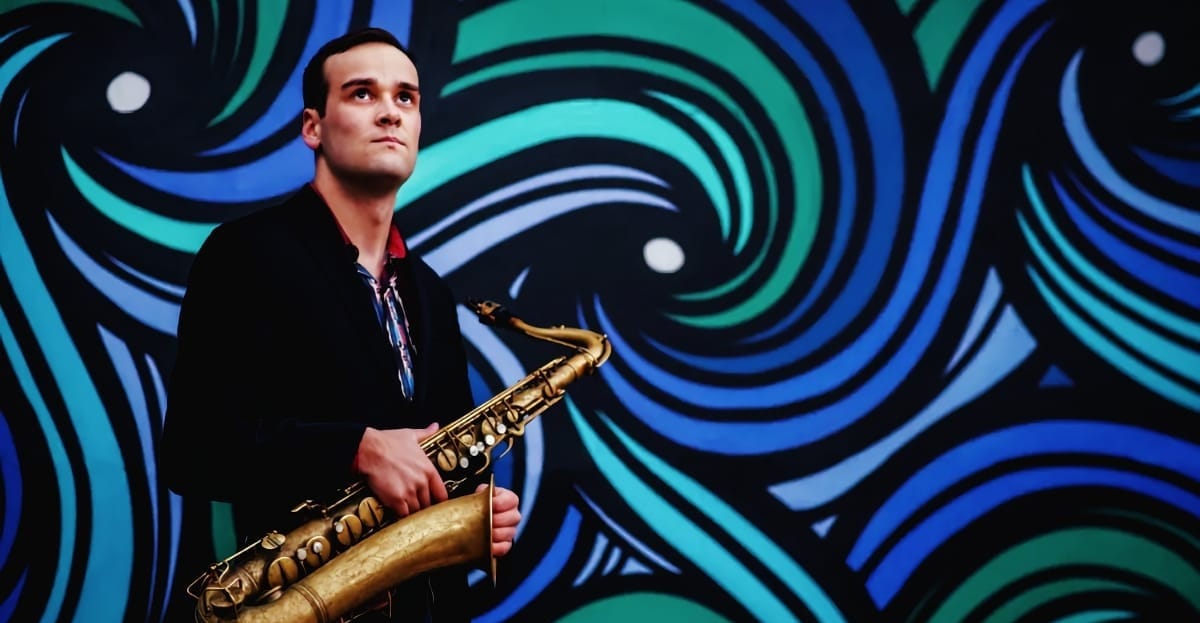
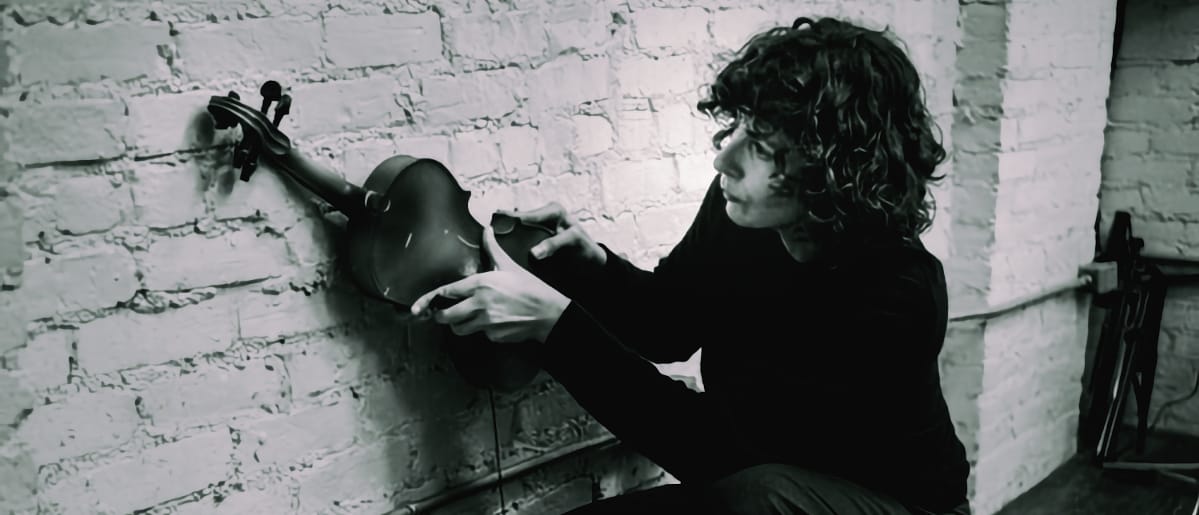
Comments